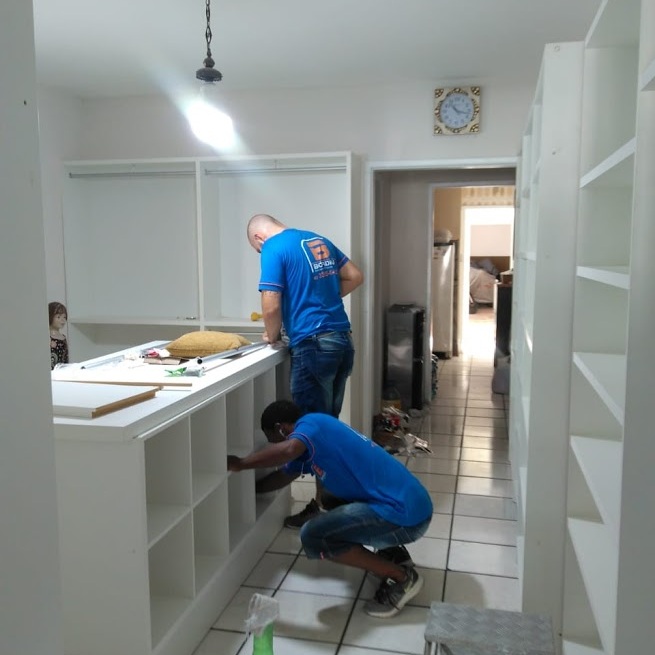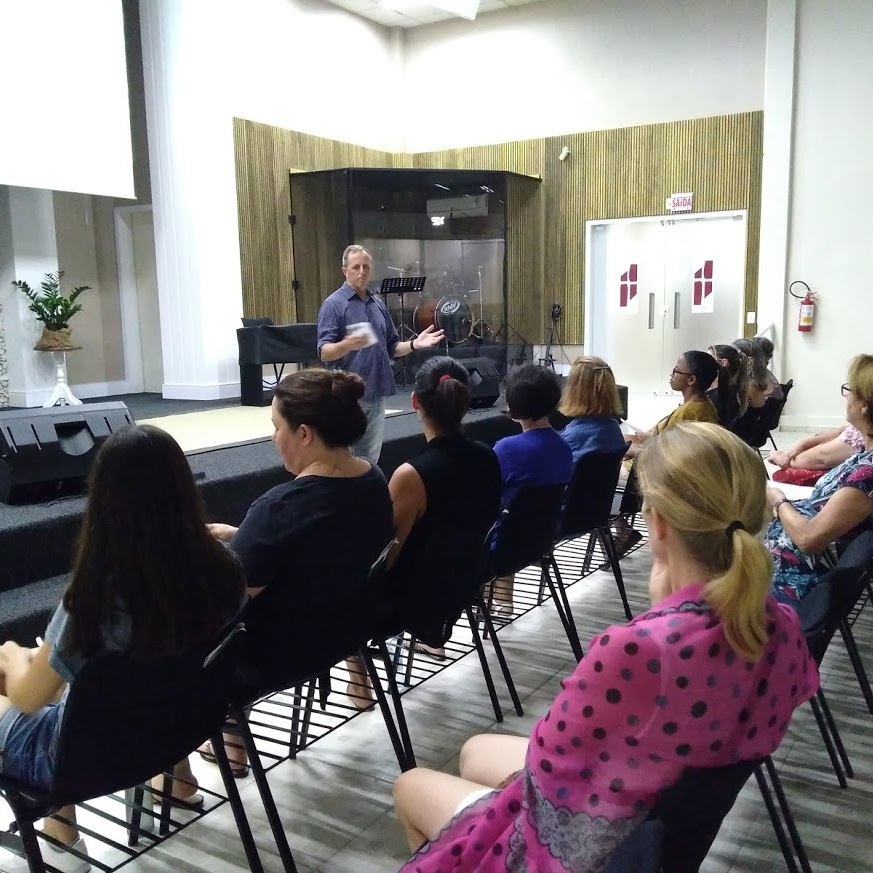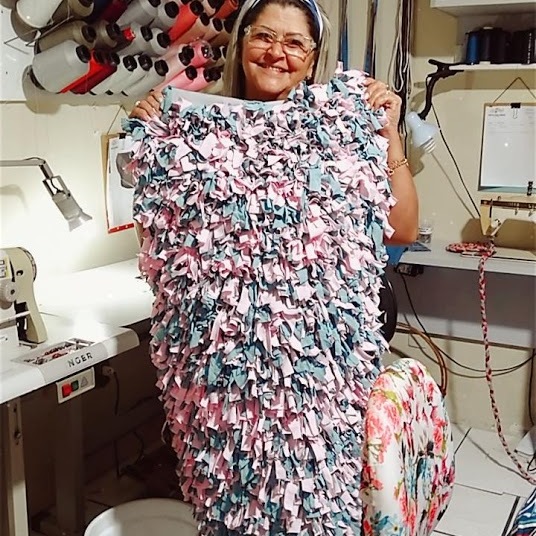By Sandra Porto
Think what we may about Nietzche but the man did say one of the most undeniable human truths: “He who has a why to live can bear almost any how.”
This is the short story of someone who found their “why”. Juliana Oliveira, affectionately called ‘Julie’ by her friends, is a photographer with a heart for social justice, community and an acute eye for the complexity of life. She is also a well travelled Brazilian with an enhanced spiritual awareness and faith. Looking at Julie’s pictures you’d be forgiven for thinking she was born a free spirit with an innate audacity to capture any subject she desires.
This wasn’t always so. For good part of her life, Julie fought for what she believed was expected of her; often in the shape of a reliable and excellent professional, and the dutiful daughter and friend that everyone could count on. So far so good, right?
Except that this was not the full story: that was not all of Julie. Finding herself in London in summer 2010, she was searching for the ‘rest’ of her, in a deep quest for the answer to life’s question: what is your why?
It was in this transient state of thought that the answer presented itself, rudely, at London’s Southbank: “I was pushed over the precipice by a friend. (She laughs.) We were there attending a festival she was writing about. At the time, I had started, very shyly, to explore my passion for photography… I say shyly because I couldn’t accept that I was good enough to even speak publicly of my desire to take photographs as a career.”
Both friends were taking a break from the festival, enjoying an uncharacteristic London sunshine, when two guys approached Julie’s friend asking if she could take a photo of them.
”Without hesitation, my friend pointed at me and said ‘my friend here is a photographer. I’m sure she can take that for you’; and she returned to her activities, just like that, casually throwing me, in what felt at the time, the deep end for a very reserved person.”
That afternoon became a watershed moment in Julie’s life as, it turns out, instead of an abyss, she found a room for her talent. After the Southbank’s ‘precipice’ incident, Julie steadily embraced photography as her new life. She has since registered people’s profiles, fashion shows, breathtaking landscapes in Europe and her native Brazil. Building a name for herself, Julie has found not only a new career but her ‘why’: “I cannot forget that day. I’ll never forget that, never! When anyone asks me how I started my career, I say it was thanks to my friend, my ‘sister’ who saw my potential, believed in me and went on to push me.”
It was an impressive career change for the IT professional in her 30s who now gets to choose how she works and what she captures. Subjects are incredibly important to Julie and she is very particular about what her lens set to register as she believes the subject must be aligned with her beliefs as a professional and as a person.
When the pandemic hit, Julie found herself living in one of the most desirable places in Brazil, that is, by the beach with plenty of nature nearby. It was in this idyllic place that she came across her current subject – Fruto Das Mãos: a grassroots initiative driven by volunteers in her local church.

“I think I have the heart of a volunteer…. Wherever I go, I always want to get involved and help the community. When I got to my local church, on the very first day, they talked about this initiative and my heart simply burned and I wanted to get to know more and help.”
She visited the project and received such a warm welcome that she committed there and then. In her first day of volunteering, Julie experienced a moment of deep reflexion and insight into her own life: “They gave me and a group of volunteers the task to untangle elastic straps that had been formed into a ball. We were many together doing that task but, for some reason, I found myself alone doing that work and doing so with a lot of pleasure. In that moment I felt as if God was there showing me a metaphor; as if my life had been tangled like that ball of elastic straps but now it was time to untangle and unravel. I didn’t go home until I had finished that work.”
And she hasn’t stopped helping ever since, using her talent as a photographer and in any other capacity she can by documenting all the project’s development and the volunteers themselves.
The day to day seems simple: volunteers collect and prepare donations which are restored if necessary and sold at minimum prices that everyone can afford; with the money reverted to help others who have no means at all. Clothing, toys, furniture, stationery, everything you can possibly imagine is put up on sale. The initiative also facilitates courses to the community such as crochet and sewing. During the pandemic, volunteers turned its efforts into making face masks for key workers and expanded its operations to supply food to those who needed it the most. Founder volunteers Elisangela and Leila said: “Our community seeks to help others and to give people the skills to help them make a living. Today, we have expanded from a small charity shop into a full on social action.”
However, it is also a community that unites volunteers and give them purpose. For many volunteers, this is their ‘why’. It is the case of Angelita: “I think volunteering is to love your neighbour. For me, this is a blessing, because I can help more families and more people than I would ever be able to by myself. We want to help those who can’t afford to clothe themselves. You have to love what you do and help others.”









For another volunteer, Ana Lu, it was the beginning of a new life: “I was going through one of the most painful moments of my life when I had lost my will to live. When I came across this group I found so much love; they dedicated this love to me and turned me whole again. I then started volunteering and found reasons to stay alive and, more than anything, I was reconciled with my faith again.”
Registering the daily activities inside Fruto das Mãos and its volunteers, Julie is actively using her talent to contribute to others finding their own why. She spends days and nights in long, pleasurable (and often tiring) hours helping, filming, photographing and spreading the good news to others. Her talent is now in demand by other charities in the area, eager to have her expert talent but Julie sees more than activities:
“I see many volunteers arrive and the difference it makes in their lives, it’s noticeable in their faces. The effect is transformative, I see the smiles that weren’t there before…”
“During the pandemic, there was a lot of fear and many procedures to comply with such as social distancing. But, it was during the pandemic that we expanded even more and when I dedicated to my maximum. It was and it is my refuge. We help each other and help others and, in turn, it helps us. It’s a refuge.”
As the pandemic lingers, I ask Julie about her plans for the future: “I would like to be more available and help others more. I want to take good photography to those who cannot afford it. I want to make it accessible to those who wouldn’t have access to it otherwise. I treat all clients the same, the wealthy and the poor, and I want to continue to bless more people with the gift of photography.”
It sounds like the precipice had the answer, after all…
To learn more about Fruto Das Mãos, visit their profile on Instagram: @frutodasmaosstore
To see Julie’s work, visit: @julianaphotogallery
Watch on YouTube:


